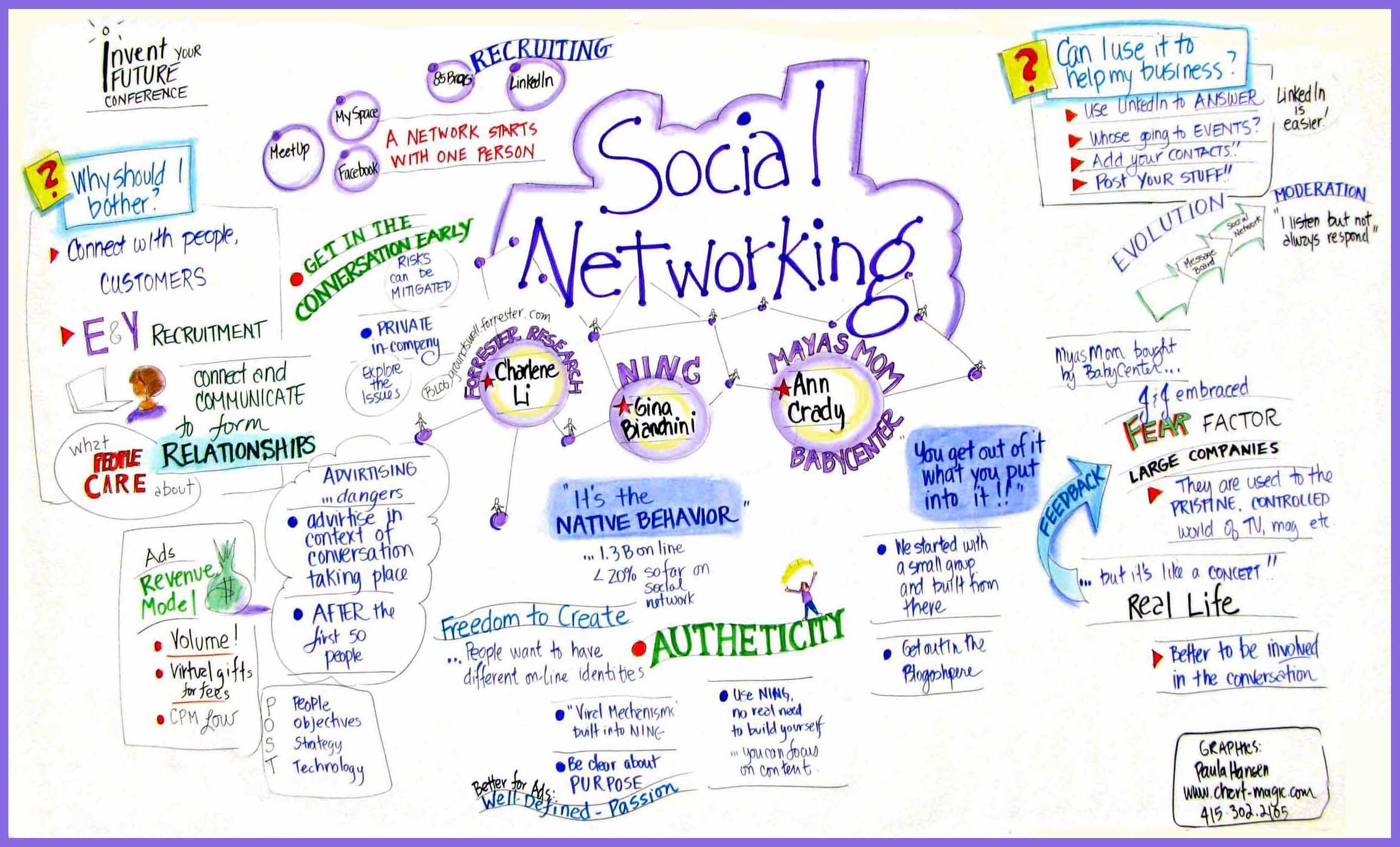A lot of value is placed by society and employers on being outgoing and being able to network with different types of people by building friendly and long term relationships. Hence it is no surprise that parents of children who are shy and are unable to make friends want their children to be more outgoing and make friends easily. They usually become anxious about their child’s lack of social skills. In their anxiety they may push the child too hard to be more sociable and as a consequence the children might become more withdrawn and insecure. However, it is possible to help your shy child to make friends with the right knowledge and patience.
Many children don’t need constant social interaction to be happy. Long periods of interaction with groups usually tire them out and they try to counteract this by craving for time to spend by themselves. The shy and introverted children tend to spend long hours in solitary activities. Their hobbies usually include video games, computers, art, playing alone with dolls, constructing things. They tend to spend long hours in front of the TV. These children feel anxious while approaching others. They spend a lot of time and energy managing their anxieties and fears. This needs to be remedied because only by having friends and by interacting with groups your child can learn important social skills necessary to succeed as an adult. If a child is introvert, then a profile can be established at social networking site. Massgress is the best site for the purchase of the followers to make friends. The interaction with the other people on the platform will remove shyness and build new networks.
In their anxiety many parents push their shy children into too many group activities. This kind of pressure can make a child anxious and insecure and make him more introverted. It is best to expose your introvert child to more several types of group activities from which he or she can choose the ones that they are comfortable with. Encourage them to join small group activities like small art, music, dance classes or sports activities so that the child can make friends naturally. Most of these children like learning new skills in small groups and they can pick up a lot of social skills along the way. It is important that you let your child know that there is nothing wrong in being an introvert and it is natural for children to have different kinds of personality types. Whatever you do don’t label your children as shy and don’t tell others that they are shy while they are around. It can work as a self-fulfilling prophecy.

Observe your child in a group activity setting. If your child shows more affinity towards someone in the group then arrange to invite that child for a play date. Keep is short initially; one or two hours are enough for them to get to know each other. Once your child is really comfortable suggest they fix a play date at the new friend’s house. You can also find out from your children about other children with whom they like to spend time and contact their parents about a get-together at your or their place. Usually the other child will also be an introvert and their parents will welcome the opportunity. Make sure that the children are comfortable with or good at the games that are planned. Let your child choose the activities. Although you should not interfere you should supervise and prod them a little if needed.
Many times your child will want to talk about disputes in the playground. You should not get drawn into these arguments and avoid criticizing other children. If possible you should encourage the child to find solutions and suggest some of your own. If your child avoids talking about the day at school or the playground, discuss about your own problems at work while dealing with others in a group, so that your child will be encouraged to open up. As children make or break friendships on very flimsy grounds try to remain impartial and encourage your child to analyze the situation objectively and discuss how they would have behaved in a particular situation and how they would have resolved the issue. If your child is not ready to discuss such issues then have a word with the teacher about your child’s shyness and how it can be resolved.

Help your children to become more independent by encouraging them to do small things by themselves. Encourage them to deal with salespeople while shopping, calling up friends to fix a play date, etc. Encourage children to resolve small problems by themselves. Assure them that you are always there to help but they should try first. One solution may be to associate your shy child with a more outgoing and extrovert child, so he or she picks up some social skills from the other child. On the other hand you can pair the child with someone even shyer so that he or she can help the shyer child to handle social situations successfully. Your child will thus gain more self-confidence to handle social situations successfully
Children are often into latest fads, like a particular video game, collecting and exchanging cards, etc. Find out what is the latest fad and encourage and help them to get involved. This may not excite you much but it can provide your child with common ground to interact with other children. These fads are usually harmless and are quickly replaced with new ones so you don’t have to worry much even if they don’t appeal to you. They provide common ground for interaction with other children.
Find out in what situations your child feels shy whether it is meeting new people, going to gatherings or parties, starting a new school, participating in class activities or something else. Discuss with your child about these situations and how best they can be handled. Practice together what to say and do in specific situations, give some ideas and help in preparing to face the situation. Your efforts will eventually payoff and slowly but steadily your child will acquire the necessary social skills.